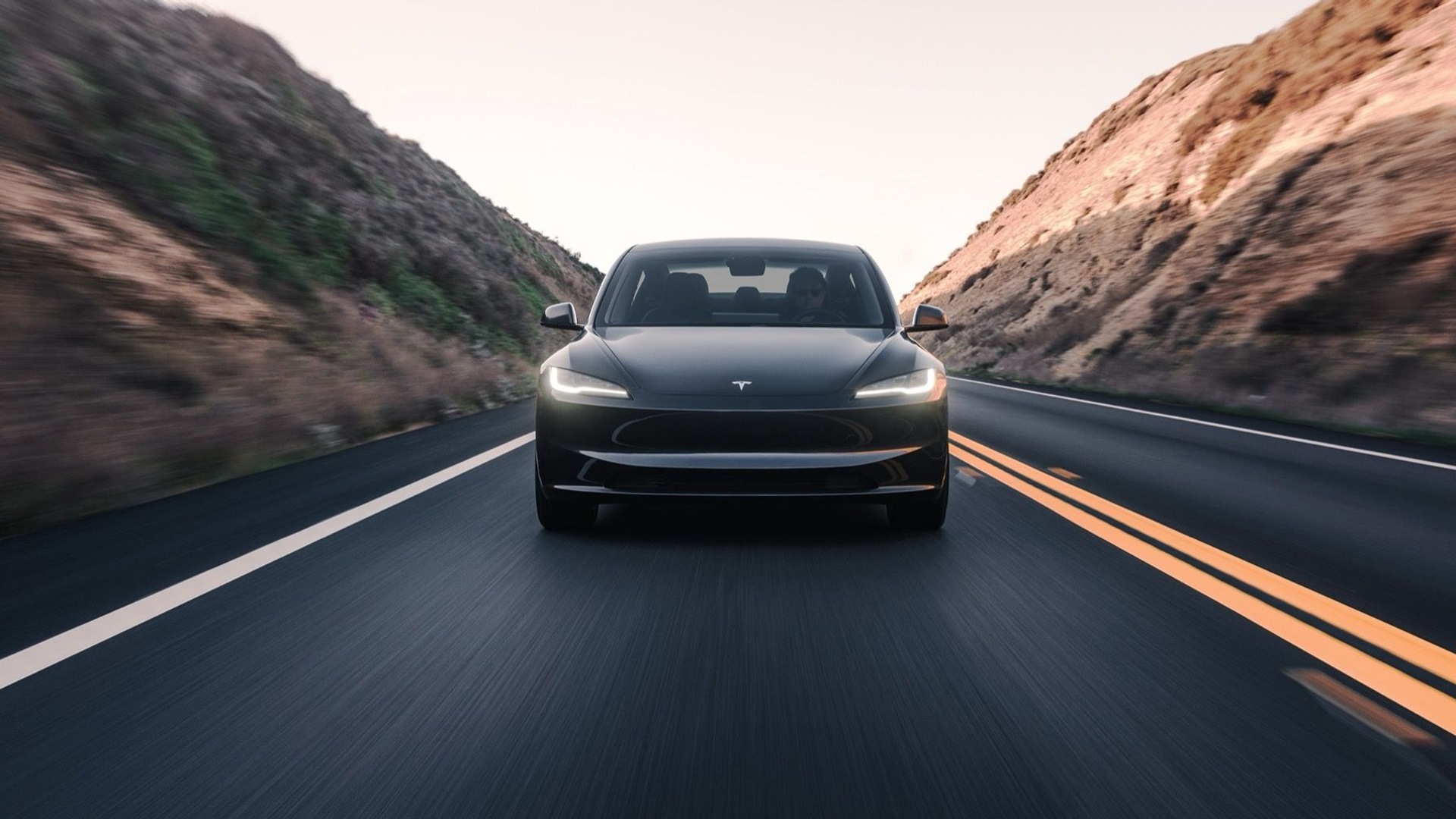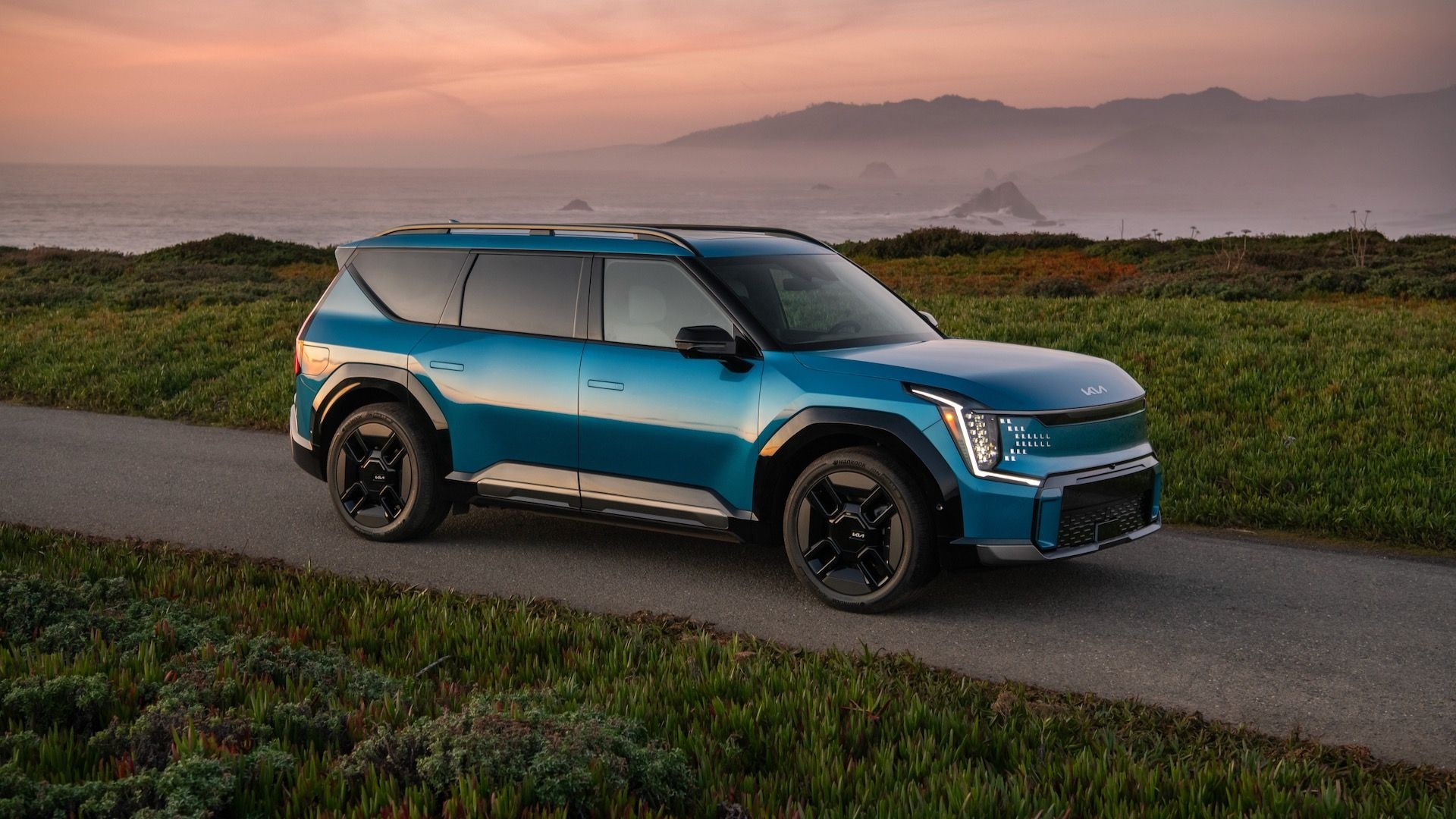Is 270 miles enough of a rated range in a new electric vehicle?
As the Department of Energy pointed out this past week, 270 miles was the median rated range for new 2023-model-year EVs, meaning just as many EV nameplates had less than 270 miles of range as had more. Meanwhile, the top EV range rating was once again earned by Lucid, for a version of the 2023 Lucid Air Grand Touring with 516 miles.
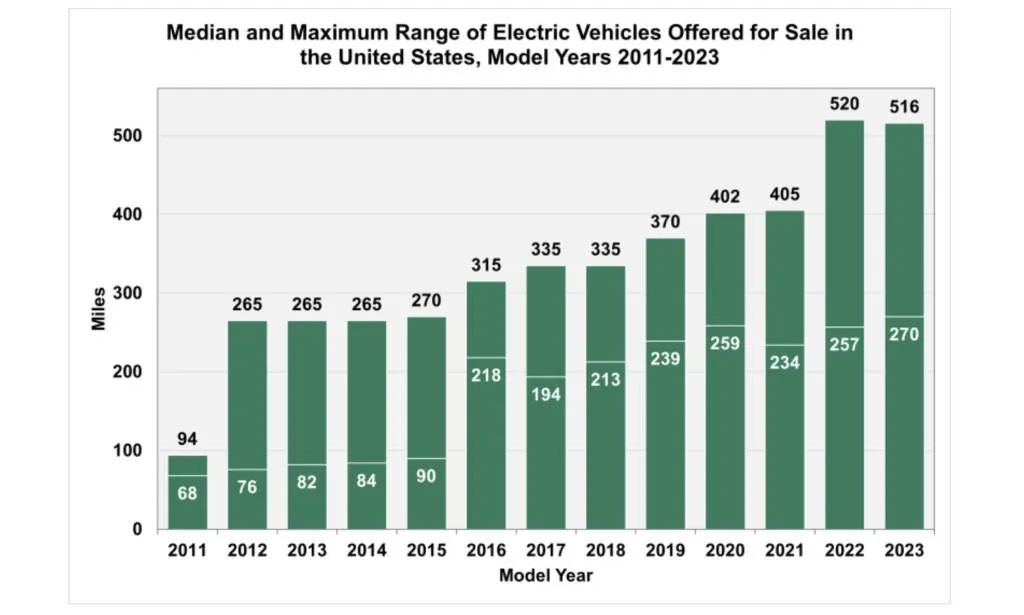
Median and max EPA range for EVs, by model year - DOE
Various studies over the past decade suggest that a 300-mile EV range sweet spot would be enough for propelling EV interest beyond early adopters.
And with the expanding road-trip fast-charging infrastructure—provided charging stations are working—it’s a number that may cover most family needs.
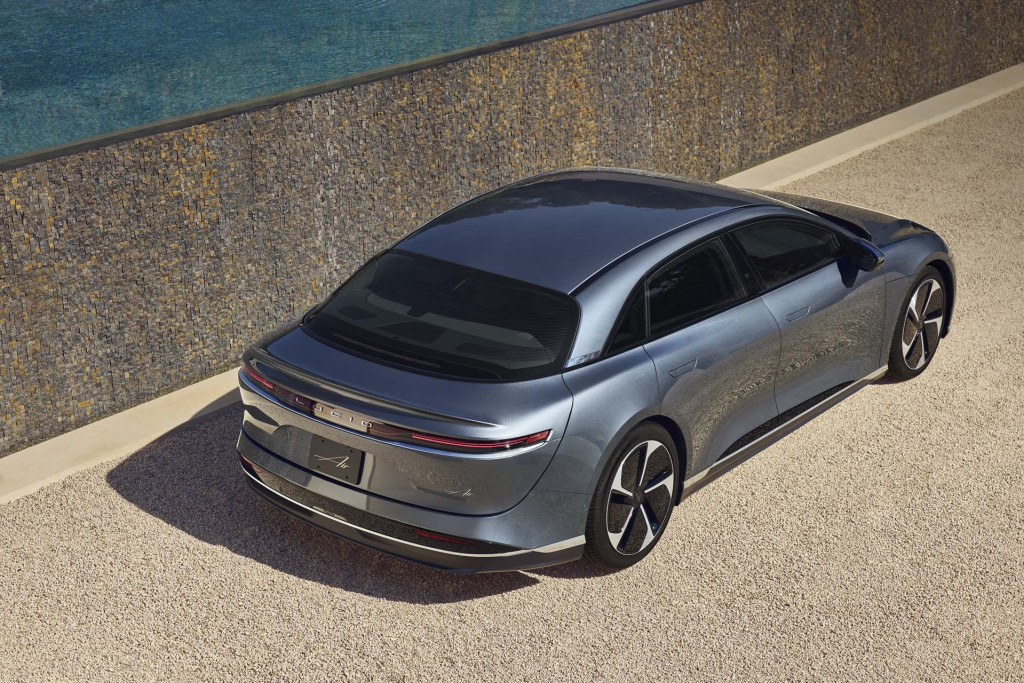
2023 Lucid Air Pure
But as has been underscored many times with EVs, recognizing the sweet spot is important, and a tunnel-vision push for range is a red herring. Efficiency is really what matters, and how far an EV can go on a given amount of energy. Installing the biggest battery pack possible doesn’t always result in a better EV. Hauling a super-sized battery around all the time adds weight, and making it has environmental and supply chain consequences that shouldn’t be taken lightly.
The push for higher EV range approaching and going well beyond 300 miles of range has happened mostly over the past several model years. In the 2016 model year, only one model—the Tesla Model S P100D—offered a 300-mile range. That changed with the arrival of the Tesla Model 3 Long Range for 2017, initially offering a 310-mile rating, and in 2020 the Model Y arrived with a 316-mile rating. By that time the Model 3 Long Range had hit 330 miles.
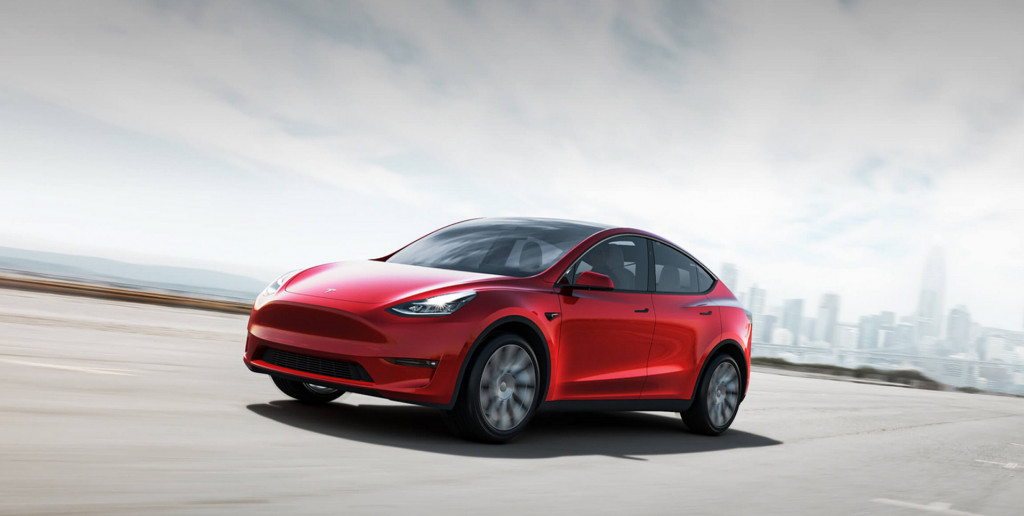
Tesla Model Y
It took until late 2020, with the arrival of the 2021 Ford Mustang Mach-E, for any non-Tesla to reach 300 miles of EPA-rated range.
As DOE and EPA data has pointed out before, the 2022 model year marked an acceleration in the number of EV models offering 300 miles of range or more—a total of 14. The number of 300-mile offerings has more than doubled by now.
These numbers aren’t always to be taken at face value anyway, and a rating of 300 miles or more can be the equivalent to a 200-mile rating when driving in cold temperatures, as Green Car Reports’ cold-weather EV range experiences have shown. EPA range ratings aren’t intended to align with 70-mph highway cruising, either.

2023 Ford F-150 Lightning
Tesla range numbers were revised downward last week, which may be an effort to recalibrate toward real-world range results, after years of using a very optimistic adjustment factor for its ratings.
It should also be noted that sales-based results might be quite different for determining the EV range median. The DOE representation doesn't take into account actual sales volume of EVs. It shows that for 2023 there were just as many rated EVs offering above 270 miles as below that.
With charging becoming more widely available and ratings more closely aligning with real use, is 270 miles—or 300 miles—enough? Or is the range race just getting started?

